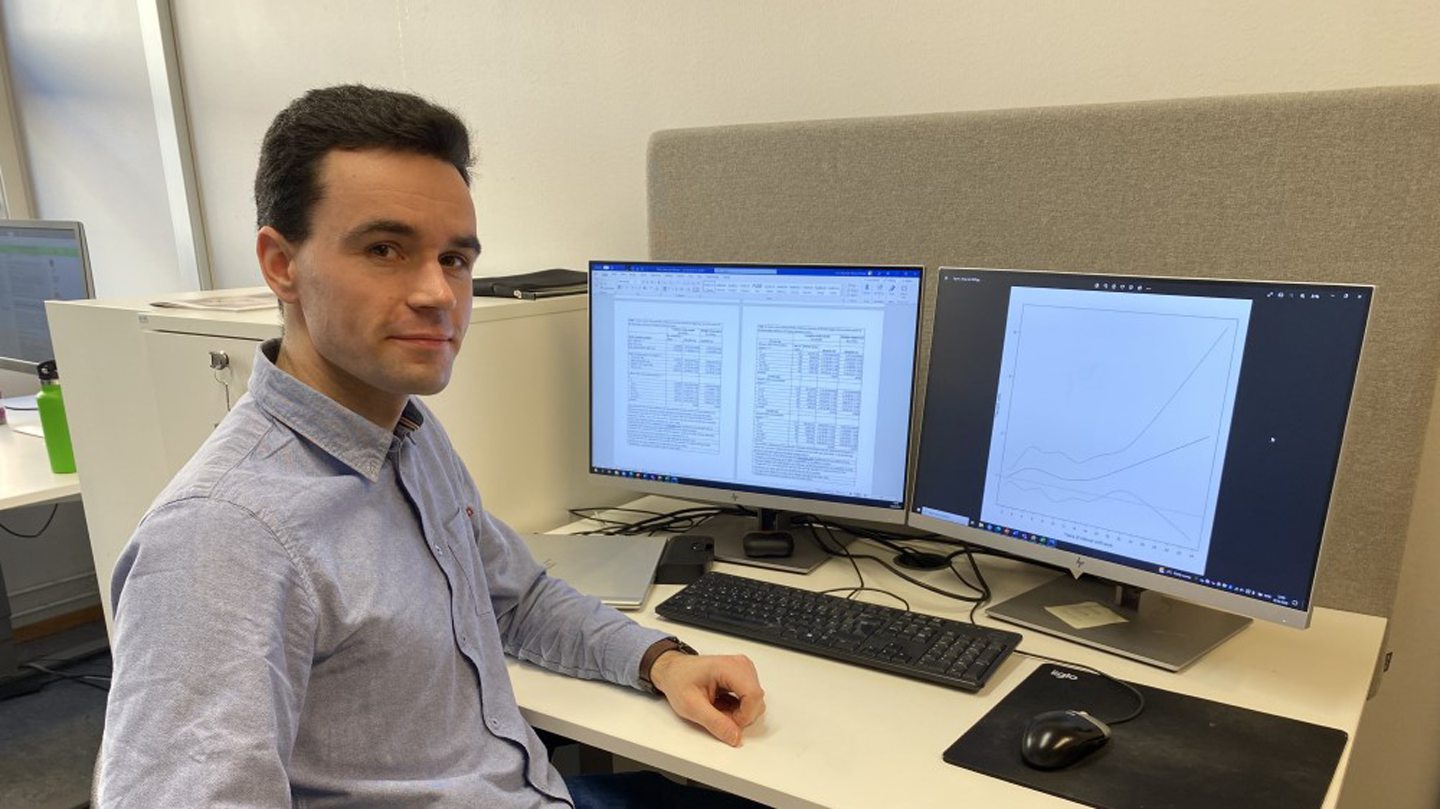
A university study has found that offshore oil and gas workers frequently rotating between night and day shifts may be at increased risk of developing prostate cancer.
Oslo University said its findings showed that night shift rotations for offshore workers “may make them more susceptible to aggressive prostate cancer” than employees who worked only daytime shift patterns.
The study included 25,000 male participants, all of whom worked on oil platforms, of which 300 were diagnosed with aggressive prostate cancer.
It’s thought that sleep patterns are impacting the risk levels, particularly as it relates to hormones which may influence development of the disease.
Prostate cancer is the second most frequent cancer among men globally, after lung cancer, with about 1.4 million cases every year.
Previous research showed that workers in Norway’s oil and gas industry had a 20% higher risk of developing the disease compared to the rest of the Norwegian population.
Leon Berge, a postdoctoral fellow at the Oslo University, said: “We studied offshore petroleum workers who rotated between working night and day shifts, and compared them to those who only worked day shifts.
“We discovered that the workers who worked rotating shifts had an increased risk of getting aggressive prostate cancer.”
Rotating shifts – working seven night shifts followed by seven day shifts, or vice versa, over a 14-day period – could carry a higher risk.
The research found that those who had worked more than 19 years on this shift schedule had an 86% higher risk of developing aggressive prostate cancer than those only on day shifts.
However “this estimate must be cautiously interpreted, since there were relatively few cancer cases in this analysis”, said Berge.
The study has been published in the International Journal of Epidemiology.
Sleep patterns and offshore workers
There are still areas not known about the factors which increase risk of developing prostate cancer, such as old age, genetics, excess weight, smoking and exposure to certain chemicals.
This study covered 25,000 men who had worked offshore during one or more periods between 1967 and 1998 and were monitored by the Cancer Registry of Norway over 1999 – 2019 for potential diagnoses.
Researchers believe increased risk may be due to negative health effects caused by regular sleep disruption and wake cycle over long periods of time.
Mr Berge said: “It is often difficult to adapt to light at night. People who work nights often suffer from acute disruption of the sleep and wake cycle, sleep deprivation, increased stress, and a variety of other health problems.
“When this balance between light and dark is continually disturbed, it may also increase the risk of cancer, as experiments in animals have shown.”
Sleep hormone and prostate cancer
He added that prostate cancer is believed to be particularly sensitive to hormones, and researchers have discovered people who work nights have low levels of melatonin; the so-called sleep hormone.
“This may be important, as animal experiments have consistently shown that melatonin helps to prevent the development of cancer. Sex hormones are also affected by night work and this may contribute to the growth of prostate cancer.”
Several night shift work studies have been carried out before – and not all of them have found a link with prostate cancer, so it may depend on the type of work and length of night shifts, says Mr Berge.
“A general recommendation could be for workers to do fewer and shorter night shifts and to space their periods of night work further apart,” he says.
“This would reduce how frequently the sleep and wake cycle is disrupted and would give workers more time to stably re-adjust to a new rhythm.”
Recommended for you


 © Supplied by -
© Supplied by -